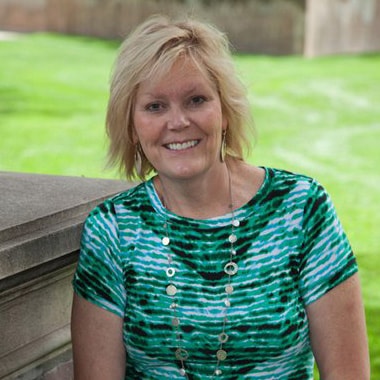

Cancer Care--Caregiving, Support and Resources
The suspect lump, mole or nagging cough may be a health nuisance, but for millions of people around the world, these changes in the body are warning signs of cancer. Cancer is the second-leading cause of death worldwide; the World Health Organization reports that cancer killed 8.8 million people globally in 2015.
Since 2000, World Cancer Day on February 4 has rallied everyday citizens and professional advocates behind cancer research, treatment and care. World Cancer Day’s 2016–2018 campaign theme “We can. I can.” is a call for individuals and the collective to take action to help reduce the burden of cancer in our world. To help reverse the growing rate of cancer, every person is encouraged to make healthy lifestyle choices and follow early detection steps.
Aging is one of the biggest risks for cancer; the following are measures seniors and their family members can take to help prevent and stand against cancer and its grueling effects:
Screen for early detection. Regular screenings help pinpoint cancer in people who show no symptoms. Being proactive about screening gives you the best odds for beating cancer when tumors are small and have not spread or metastasized to other regions of the body. The American Cancer Society recommends the following screening tests for certain cancers based on age and gender for anyone older than 50:
- Men – colon, prostate and lung
- Women – breast, cervical, colon and lung
Be sure to talk with your physician about your individual health history and risks for cancer.
Be intentional about staying healthy. The air you breathe, the foods you eat and the genes you inherit all affect your likelihood of getting cancer. The World Cancer Research Fund “estimates that about 20 percent of all cancers diagnosed in the U.S. are related to body fatness, physical inactivity, excess alcohol consumption, and/or poor nutrition, and thus could be prevented.” The beneficial news is that you can help limit your cancer risk by avoiding smoking and second-hand smoke, exercising regularly, limiting alcohol intake, and keeping a healthy weight throughout your lifetime. Choosing more plant-based foods in your diet can also boost your body’s immunity to certain cancers. Other cancer preventatives include wearing sunscreen and reducing your exposure to ultraviolet (UV) radiation.
Seek professional assistance for at-home cancer recovery. The comforts of home increase in importance for many cancer patients. During and after cancer treatment, patients may benefit most with a home care team that includes a registered dietician, physical therapist, occupational therapist, nurse, professional caregiver and home health aide. Right at Home, for example, is a leading home care agency that offers highly trained and licensed caregivers to help with everyday tasks including bathing, dressing, cooking, medication reminders and transportation to appointments. Respite care is also available for family caregivers who need a break here and there in their loved one’s cancer journey.
Connect with national cancer resources and support groups. A number of resources and support groups are available nationwide for cancer patients and their families to walk through their emotional, spiritual, financial and other specific care needs:
- The American Cancer Society, www.cancer.org, 1-800-227-2345
- Cancer Care, www.cancercare.org, 1-800-813-HOPE (4673)
- Cancer Net (American Society of Clinical Oncology), https://www.cancer.net, 888-651-3038
- The National Cancer Institute, https://www.cancer.gov/resources-for, 1-800-4-CANCER
- The U.S. Administration on Aging, www.eldercare.gov, 1-800-677-1116
- The Susan G. Komen Breast Cancer Foundation, https://ww5.komen.org/BreastCancer/SupportGroups.html, 1-877-GO-KOMEN (1-877-465-6636)
- The United Way, www.liveunited.org, check your local phone listing
What cancer resources for older adults have you found most helpful?




